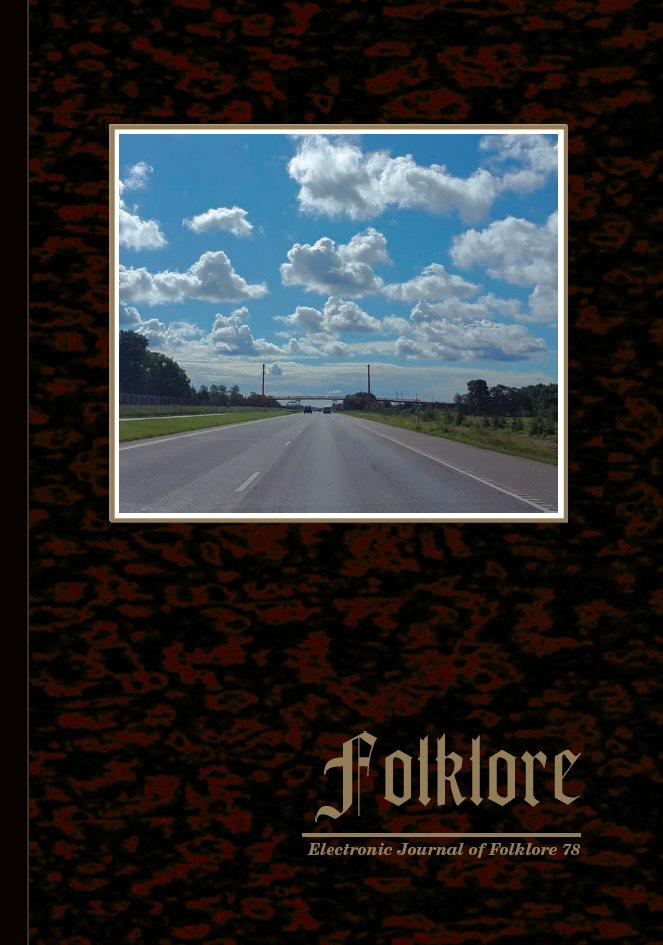The Kosovo Conflict and the Changing Migration Patterns of the Gorani Community: Continuities and Shifts
The Kosovo Conflict and the Changing Migration Patterns of the Gorani Community: Continuities and Shifts
Author(s): Ivaylo MarkovSubject(s): Customs / Folklore, Labor relations, Cultural Anthropology / Ethnology, Culture and social structure , Migration Studies
Published by: Eesti Kirjandusmuuseum
Keywords: community rituals; Gorani; Kosovo conflict; labour mobility; migration; post-conflict developments; return visits; socio-cultural transformations;
Summary/Abstract: The Gorani are one of the archetypal migrant communities in the Balkans: migrations in search of livelihoods and better living conditions have become for them a structure of everyday life, influencing and determining the peculiarities of the local culture and the social organization since (at least) the middle of the nineteenth century. The periods of relatively voluntary labour mobility have alternated with those of compelled and forced resettlement. Firstly, the historical Balkan model of labour mobility known as gurbet, or under the South-Slavic term pechalba, is shortly described. Then the contemporary movements following the Kosovo armed conflict in 1998–1999 are examined. The aim of the article is to study the dynamics of migration patterns and continuities and shifts in the concomitant social and cultural processes namely in the last two decades, within the context of post-conflict developments in the region.
Journal: Folklore: Electronic Journal of Folklore
- Issue Year: 2020
- Issue No: 78
- Page Range: 25-40
- Page Count: 16
- Language: English

